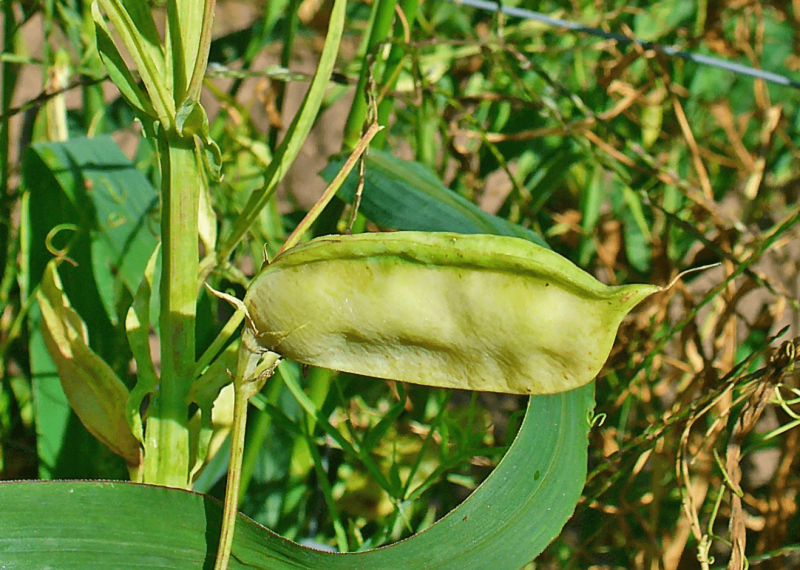It is grown in some of the world’s most inhospitable, arid regions and is noted for being rich in protein. But the grass pea – although hardy and nutritious – comes with a catch. It contains a poison that can occasionally trigger irreversible paralysis, particularly among individuals who are already undernourished.
Nevertheless, poisoning from Lathyrus sativus still occurs in Bangladesh, India, Pakistan, Nepal, Ethiopia and Algeria.
But now a group of UK scientists studying the grass pea have revealed the secrets of its poison production. In the near future they expect to create versions that are free of its toxic side-effects.
“Very soon, we will be able to make safe versions of the grass pea and provide our undernourished, overheated planet with a very valuable crop,” said project scientist Dr Anne Edwards, of the John Innes Centre in Norfolk.
The key biochemical steps by which the grass pea’s poison is made were revealed when scientists decoded the highly complex genome of Lathyrus sativus. They discovered details of the pathways that lead to the pea poison’s manufacture, leaving them poised to use gene-editing or standard breeding techniques to create versions that are poison-free or extremely low in toxins.































